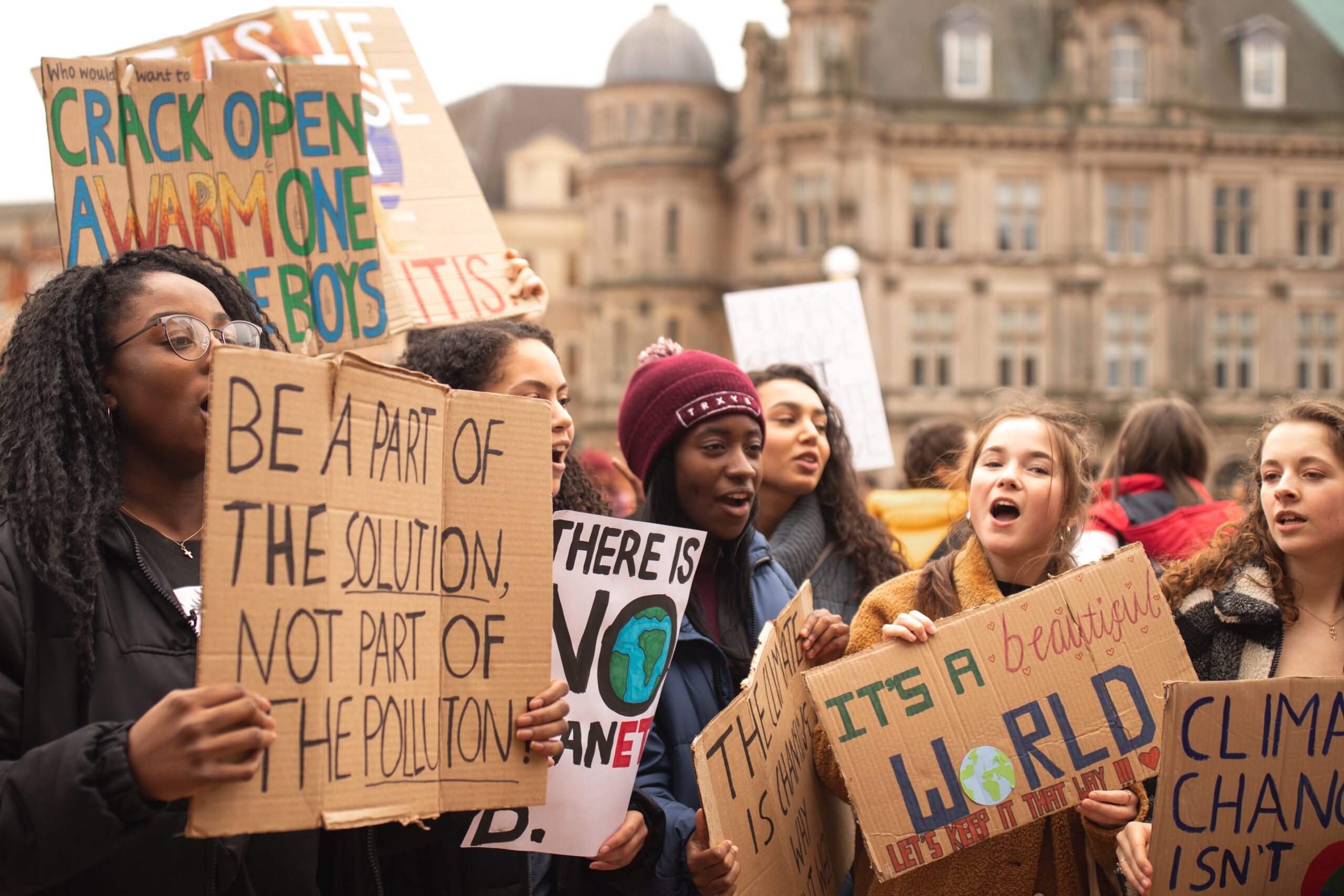Strikes, Boycotts And Sanctions, How Can Peace Building And Mediation Be Used As A Tool For Communication

The Economic Challenges
We are all aware of the current economic challenges due to the ongoing conflict in Ukraine, the increase in inflation (a 40 year high in the UK 10.1%, predicted to rise to 18% in January 2023), the strain on energy resources leading to increases in prices and risk of power cuts across Europe, including Switzerland, where there is debate at the federal and cantonal level to prepare for energy shortages this winter in the extreme situation of power failure.
The risk of power grid shutdowns is an international threat with the risk of blackouts leading to an inability to withdraw cash at the ATM, heat homes and street lighting plunged into darkness potentially leading to extreme cases of looting and further protests.
It seems that each and every day we hear different experts give their analysis of when the downturn will change, and prices will rise. Individuals react to economic downturns and financial challenges in a variety of ways and we at Minute Mediation certainly understand the impact these changes can have on morale. Living through an economic downturn can be a grueling experience both for businesses and personally.
When making decisions both simple and complex during challenging times, an individual’s behaviour is impacted by stress and risky behaviours. The impact of emotions and self control can affect behaviour and decision making with a disconnect between intentions and behaviour often leading to bad decisions and conflict.
Conflict and war are disasters enacted by man and have remained constant throughout history, however unlike natural disasters the victims are not random. Combat in war is through sophisticated tactics such as financial sanctions driven at the political level.
The True Cost Of Conflict

Overwhelmingly the major impact of conflict today affects low income or low middle income economies that sporadically erupt into violence as seen in Sri Lanka in recent months.
The cost, with little thought, is directed at the individual who is caught in the storm and often set adrift as a consequence of conflict. The increases in strikes and boycotts internationally are the cost of conflict, it is not only the loss of life through combat but the true cost that is often overlooked is the human cost, livelihoods and social capital.
The decision, to launch campaigns of strikes and boycotts against governments and organisations have seen across the globe in recent months by workers and citizens is due to the threat to individual health and survival and the change in human behaviour has both short and long term affects.
Sharp economic slowdowns and low levels of income increase the likelihood of conflicts in the short term. The long term impacts of economic downturns result in the negative vicious cycle of human development, the increase in inequality, dependence on natural resources and the impacts of climate change are also drivers to increase conflict.
Stable political systems may facilitate recovery and absorb social instability and conflict. Economic conditions are important determinants of the outbreak and recurrence of conflict and the existence of poverty conflict traps, leading to worse health and education outcomes.
Conflict destroys human capital, forces the replacement of labour and deteriorates institutional capacity with the inability to secure returns on investment in health and education, leading to low levels of human development and an increase in a conflict loop.
Building Peace

Building peace is a fragile process, formal peace agreements do not necessarily imply a gradual return to normality, confidence is required amongst investors and consumers to restart economic activity with a minimal level of stability and predictability for reconstruction activities.
Effective conflict prevention relies upon a sound understanding of conflict situations and the drivers of conflict through conflict analysis. Often the stakeholders impacted by conflict are not heard, women, youth and religious leaders are left outside of the formal peace building process.
Mediation and facilitation are key skills and tools to create dialogue as a tool of first response to emerging ongoing crisis situations. With increased support for targeted prevention and peacebuilding efforts through diplomacy, there are opportunities to support peace outcomes during the mediation process.
Dialogue through mediation is at the heart of conflict transformation. Through a multi-tier approach of formal and informal mechanisms institutions on a local and national level can prevent and manage conflicts reducing the likelihood of strikes and boycotts.
Summary
The challenges to businesses and individuals during economic downturns have short and long term impacts on social capital and human development. When there is a lack of structure to systematically and continuously gather, analyse, and share information on conflict and tensions in a timely manner opportunities can be missed to prevent an escalation of conflict and violence. In conflict, every minute counts. Successful conflict prevention and peacebuilding requires insights and infrastructures to enable all stakeholders to be engaged in the process.
To build sustainable societies all stakeholders should be engaged in the peace building process, however, in practice, stakeholders who are the most impacted by economic changes are not heard. There is little to no knowledge in economic and conflict studies on how strikes and boycotts affect youth, women, and minorities in society. Consequently, it is unknown how some parts of society are being impacted and therefore have no voice on the negotiation table in the development of conflict prevention and peacebuilding.
Support through mediation is of vital importance to build resilience, manage and recover from shocks and stress of economic downturns. Mediation assists to bring conflicts to an end, increase human rights and ensure all stakeholders in society are included in the process are a part of the peace agreement process.
WHO ARE MINUTE MEDIATION?
Mediation has undoubtedly become an evolving reality today. The demand for trusted mediators has also been rapidly increasing. So, if you are also struggling with a dispute due to a conflict situation in your workplace or community don’t panic anymore.
Minute Mediation Ltd is experienced in facilitating disputes and finding the best possible solutions to help you and your partners find common ground and resolve issues.
So what is the wait for?
Get in touch with us because every minute counts!

